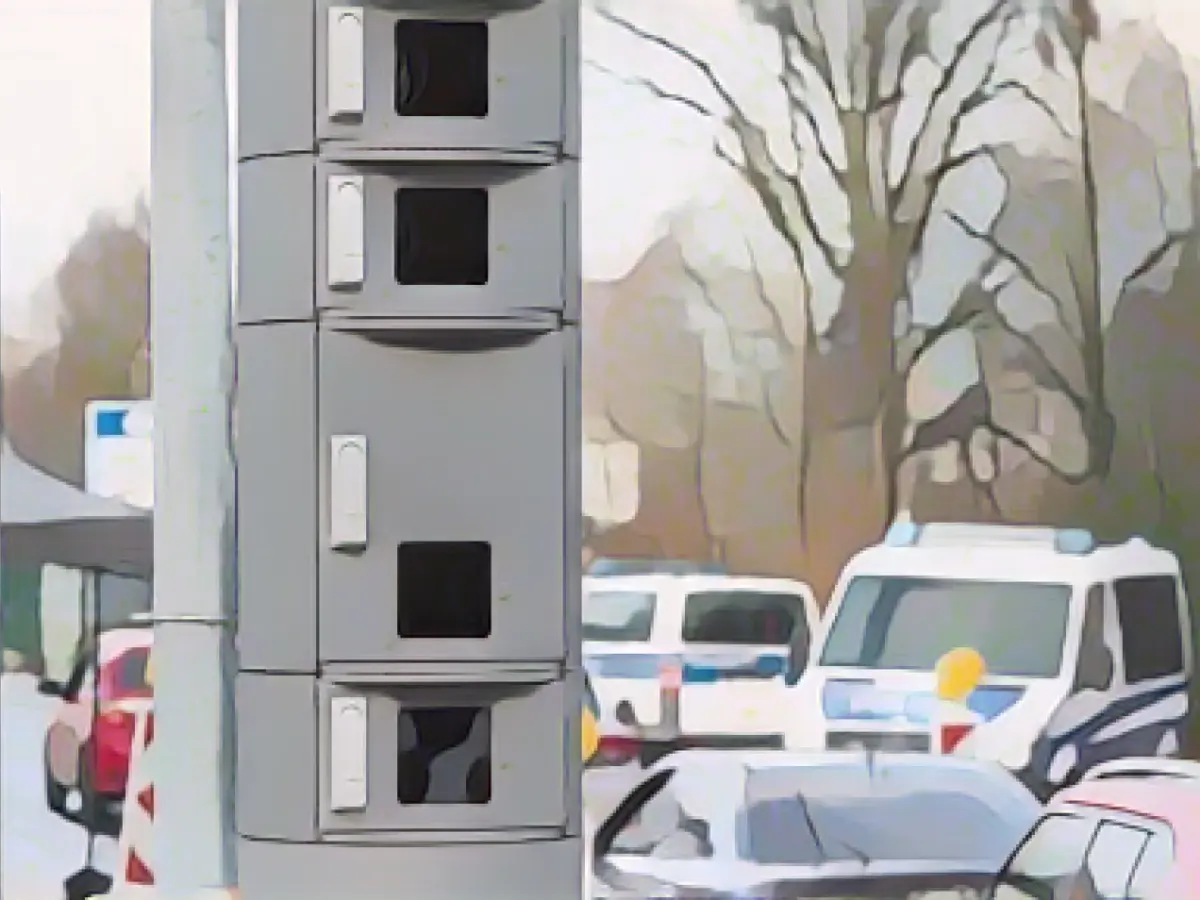In the border region between Germany and the Czech Republic, unfortunate incidents of forced prostitution in private residences and nightclubs have become an all-too-frequent occurrence. The Plauen-based aid organization Karo, which has been combating this issue for nearly three decades, has seen a troubling trend: human traffickers are increasingly utilizing refugee routes to exploit vulnerable individuals.
Managing Director Cathrin Schauer-Kelpin shared her concerns with the German Press Agency, expressing her belief that these routes make it easier for traffickers to smuggle their victims into the region.
Karo's mission has always been to fight against forced prostitution, human trafficking, and sexual exploitation. On International Day against Violence against Sex Workers, they aimed to shed light on the suffering endured by these victims. However, obtaining accurate figures on how many individuals are impacted along refugee routes is challenging. Schauer-Kelpin explained that many victims are too fearful to report their experiences, making it difficult to identify the true extent of the problem.
Observations from the association's social workers reveal a disturbing trend: Ukrainian women have seen an abrupt surge in the Czech Republic's club scene since the war began, with some club owners openly advertising their intention to host refugee women and children.
Investigations and court cases from the past few years have demonstrated that women have been brought to Germany via refugee routes, only to disappear into a life of sexual exploitation. Similarly, when Asian women are affected, it often occurs within secluded, closed structures, making their plight more concealed.
Sadly, these forms of exploitation are not uncommon. The German Federal Report on Human Trafficking and Exploitation revealed that cases of "sexual exploitation" increased by 18.9% in 2022, with forced prostitution accounting for a significant proportion of these incidents. The vast majority of the 476 victims identified were women, and the overwhelming majority were not legally registered in Germany.
According to the Federal Criminal Police Office, young people from Eastern Europe, particularly those from poor families, are more susceptible to becoming victims due to the lack of travel restrictions. These perpetrators often use the 'loverboy method,' where they establish an emotional bond and manipulate their victims under the guise of a love affair.
Despite the tireless efforts of organizations like Karo, human trafficking and forced prostitution continue to present significant challenges in the region. In 2022, Karo carried out 73 street work missions in the Czech border regions, making contact with 160 minor victims of forced prostitution and registering victims from 27 different nationalities on the German side.
In conclusion, while organizations like Karo are working diligently to combat human trafficking and forced prostitution, especially in refugee routes, the issue remains a pressing challenge. The vulnerability of refugees and migrants, combined with the lack of accountability due to underreporting, makes it a formidable challenge that requires ongoing efforts and heightened awareness.







